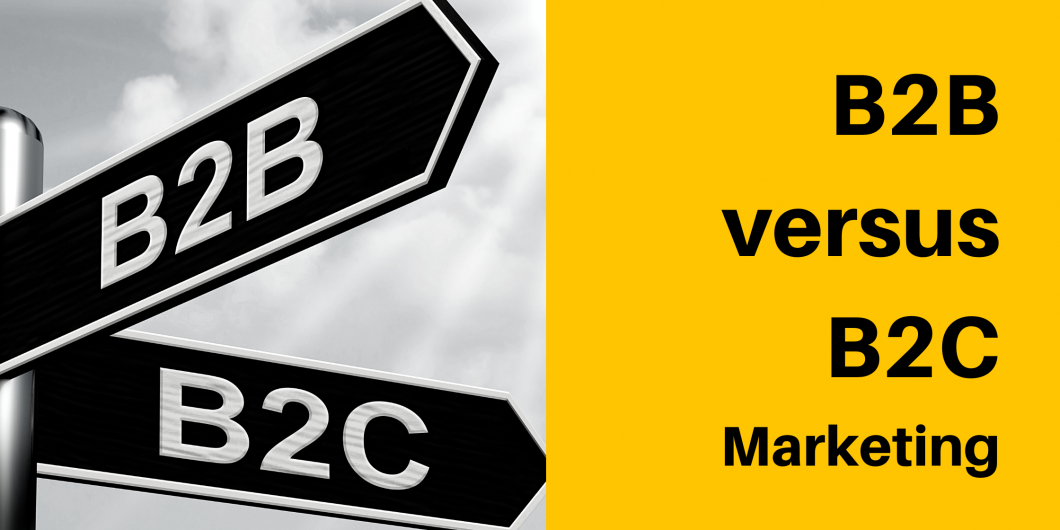The Differences Between B2B and B2C Marketing

If you are new to marketing, if you've read several books on the topic, or may have taken a mandatory marketing course in university you may be struggling with applying the marketing concepts you've learned to the marketing of your accounting, bookkeeping, tax, or business advisory practice. Often this challenge lies in understanding the target audience that you are trying to market to - are they businesses or consumers? The marketing approach and strategy to reach each audience effectively is very different. Universities and most Amazon best-sellers in marketing tend to focus on B2C marketing.
- B2B (business-to-business) marketing refers to marketing efforts directed toward other businesses. For example, if your accounting firm is selling monthly bookkeeping or tax compliance work for small businesses then you are engaging in B2B marketing.
- B2C (business-to-consumer) marketing refers to marketing efforts directed towards consumers. If your firm is selling annual tax returns, or even tax planning and wealth management for individuals you are engaging in B2C marketing.
B2B and B2C marketing both have unique strategies and tactics that are tailored to the different needs and motivations of their respective target audiences. B2B marketing for accounting firms is different from B2C marketing in several key ways. B2B marketing is typically focused on selling to other businesses, rather than to individual consumers. This means that the target audience for B2B marketing is typically made up of other businesses or organizations, rather than individual consumers.
The main difference between B2B and B2C marketing lies in the target audience and the relationship between the buyer and seller. B2B transactions typically involve a longer sales cycle and higher ticket prices, and the purchasing decision may be made by a group of individuals rather than just one consumer. This means that B2B marketing often involves more complex messaging and focusing on the solution being sold rather than just the product or services itself.
B2C marketing, on the other hand, focuses on the emotions and desires of the individual consumer, with an emphasis on creating a personal connection with the brand. As a result, B2C marketing often utilizes more flashy, attention-grabbing tactics and focuses on the benefits to the consumer.
Another key difference between B2B and B2C marketing is the nature of the services that are being sold. In the case of accounting firms, the products and services that are being marketed are typically more complex and specialized than those sold in the B2C market. For example, accounting firms may offer services such as tax preparation, financial planning, and auditing, which require a high level of expertise and knowledge. As a result, B2B marketing for accounting firms may need to be more detailed and technical in nature, in order to effectively communicate the value and benefits of the firm's services to potential clients.
In addition, B2B marketing for accounting firms may also involve building and maintaining relationships with other businesses and organizations. This is because the decision-making process in the B2B market is often more complex and involves multiple stakeholders, such as executives, managers, and procurement departments. As a result, B2B marketing for accounting firms may involve building relationships with these different stakeholders in order to win their business and secure long-term contracts.
Overall, while there are some similarities between B2B and B2C marketing, there are also important differences that need to be taken into account when developing marketing strategies for accounting firms. By understanding these differences, firms can develop marketing plans that are tailored to the specific needs and characteristics of the B2B market.
